The future is rural: Meet the young people determined to build a better future at home
IFAD Asset Request Portlet
Asset Publisher
The future is rural: Meet the young people determined to build a better future at home
Estimated reading time: 3 minutes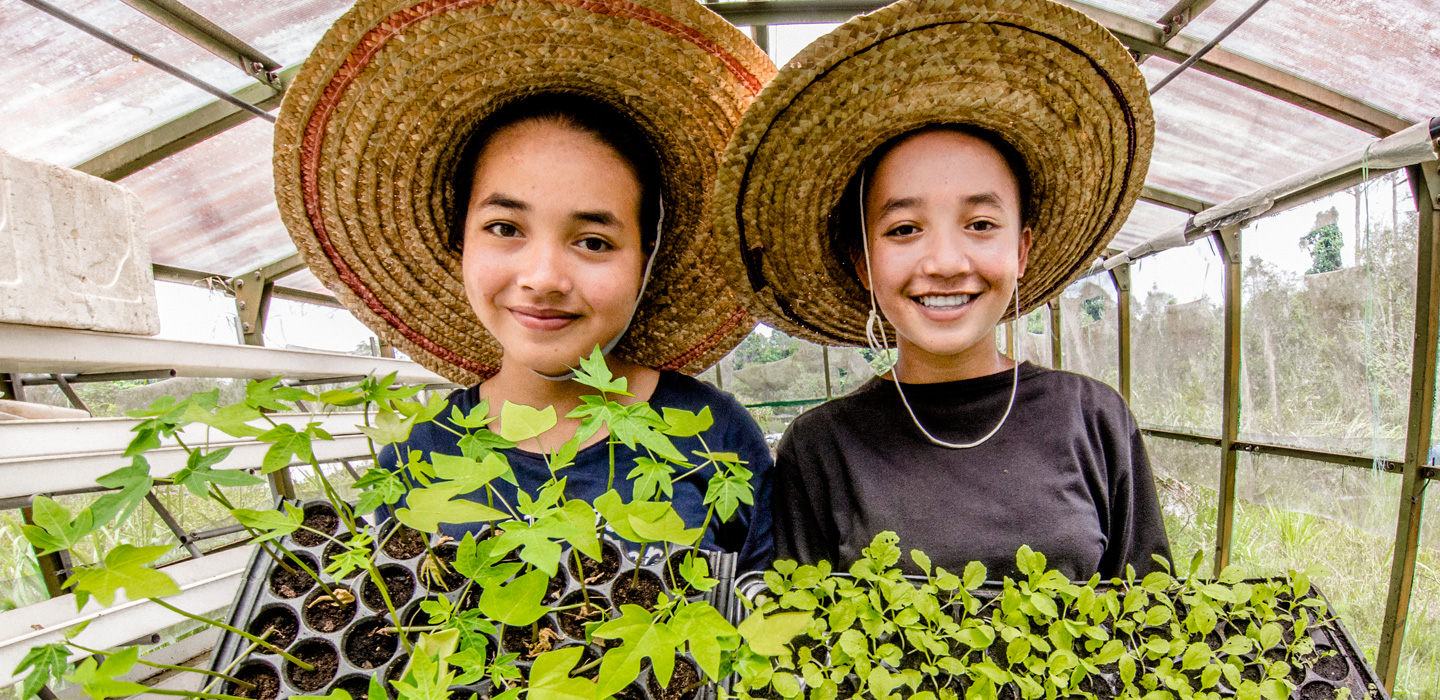
Rural youth around the world face a similar dilemma. Their roots are in their rural homes, but it’s often hard to build a future there. Without access to resources, education or finance, they can't make a decent living, support their families, or contribute to local economies.
No wonder many young people feel their only choice is to migrate to cities, or even to other countries. And, when young people leave, they take with them their energy, dynamism and innovation, making it even harder for rural areas to flourish.
As climate change takes hold, rural youth need support more than ever to devise solutions to the challenges they see around them and build more resilient futures.
Meet some of the young people IFAD is helping do just this.
Türkiye
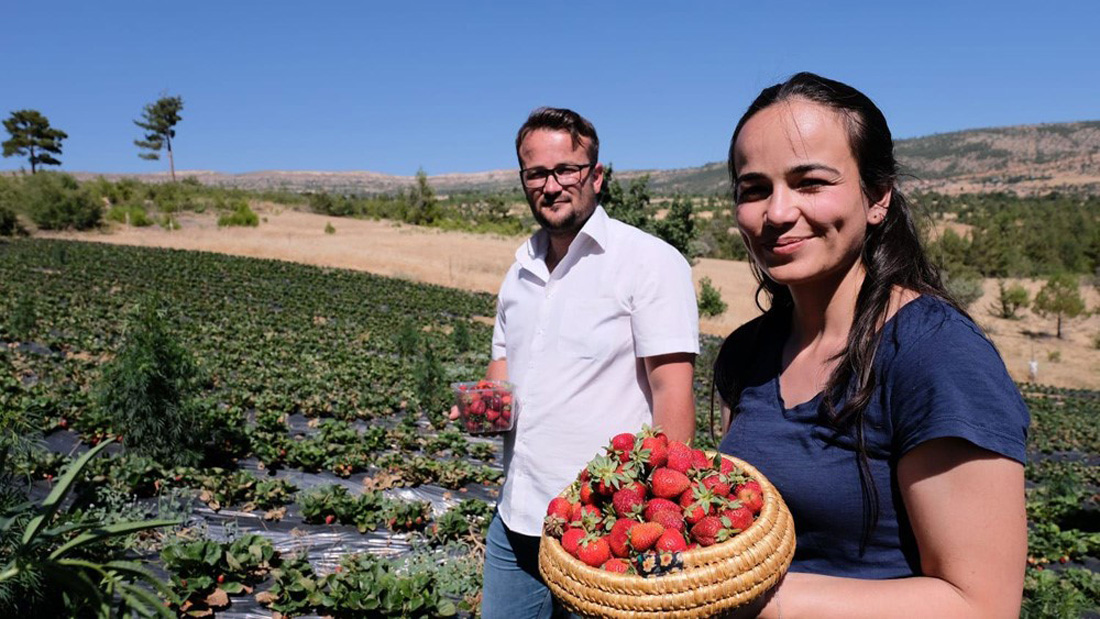
Büşra and Mustafa Demirel left their rural home in Sarıveliler in southern Türkiye to study. When an IFAD-supported project created new opportunities for young farmers, they were delighted to return home.
Today, the siblings own 0.3 hectares of land where they farm delicious strawberries. They collaborate with other young farmers to build infrastructure and negotiate with buyers.
“In the end, everyone returns to their hometown,” says Büşra. “The place where you were born, the place where you are content – that is your hometown.”
Read more about Büşra, Mustafa and other young farmers in Sarıveliler.
El Salvador
For 27-year old Iris Maribel Alberto Laínez, new technologies introduced by the IFAD-supported Rural Adelante project have helped her farm flourish. She grows tomatoes and other vegetables using hydroponics – a technology that has doubled her yield. It’s made it possible for her to have a good income from farming, despite the growing impacts of climate change.
Initiatives like this are helping young people like Iris stay in their communities instead of migrating to other places, such as the United States, looking for work.
Nepal
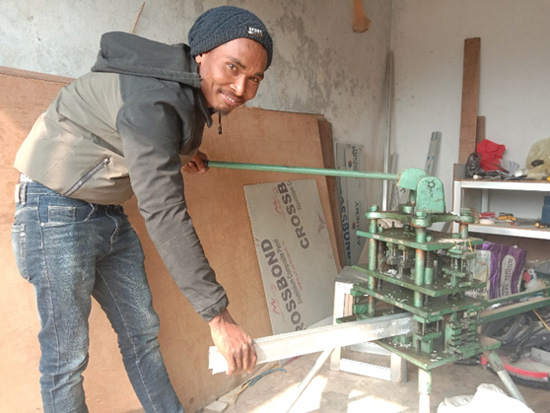
In Devkant Chaudhary’s agricultural family, the emphasis was on earning rather than education. But when he had some time on his hands during the low season, he discovered a new passion: metalwork.
Thanks to the IFAD-funded Samriddhi initiative, Devkant received training so he could learn a new skill without going into debt. He is now a trained metalworker with his own shop, employing other young people and helping more young Nepalis stay local.
Read how young rural people in Nepal are being trained for their dream jobs with IFAD’s support.
China
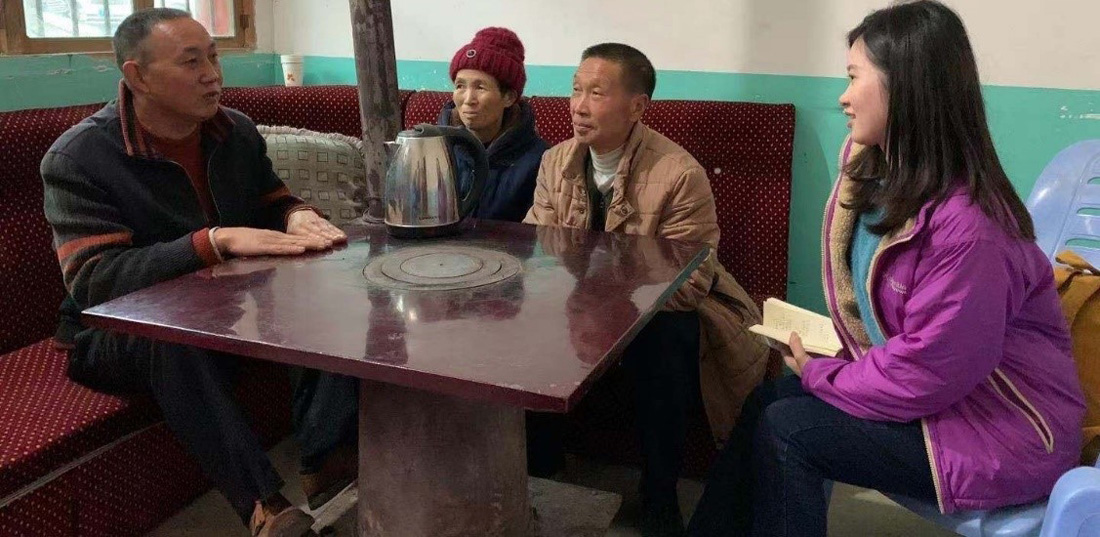
In China, young people are driving change in food systems and devising solutions to China’s agricultural challenges.
With IFAD’s support, young farmers like Liu Xuefei are using new ways of rearing pigs with less environmental impact. Others, like Shi Yan, have set up networks to train farmers.
The IFAD-supported Youth Advocates Network is spreading awareness about sustainable food. For example, Li Dengyuan introduced ‘Meatless Mondays’ in his school to curb meat overconsumption.
Learn more about how Chinese youth work with IFAD to build more sustainable food systems.
The Gambia
At a time when most businesses were suffering due to the pandemic, Amie Ndongo was launching her career. With training in digital marketing and a small start-up grant through IFAD's RPSF initiative, she set up a series of small businesses.
She began by producing rice, selling nearly two tons. Then, she reinvested her profits in the used clothing trade, marketing her wares on social media. Now, she’s also entering the chicken trade, buying chicken legs from town and selling them in her village.
With a little support at the right time, Amie’s microenterprises are flourishing.
Read how Amie and other rural people built their businesses with IFAD’s support.
Kenya
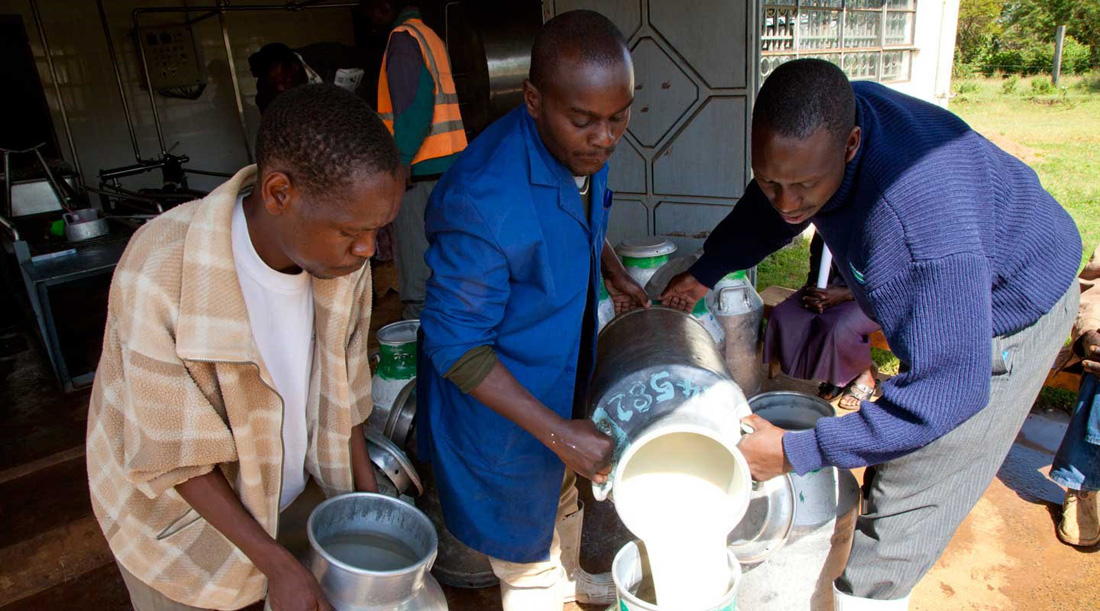
The Wazo Jema Youth Group was the brainchild of ten young people who struggled to find work in eastern Kenya, where youth unemployment is high. They came together to start a dairy business, buying raw milk from farmers, pasteurizing it, and processing it into products like yoghurt and ghee.
With training and mentorship from the IFAD-supported Vijabiz programme, they’re now marketing their products on social media. They’ve learned to track sales, and are building their business into a reliable source of income for their families.
Read more about setting up the Wazo Jema Youth Group.
Rural youth will be the guardians of future food systems. While they will bear the brunt of climate change, they are also the people who can make a difference – if they get the support they need.
It’s time to invest in our futures. It’s time to invest in rural youth, and help them build vibrant economies that will feed the planet sustainably and conserve its ecosystems.
Publication date: 11 August 2022